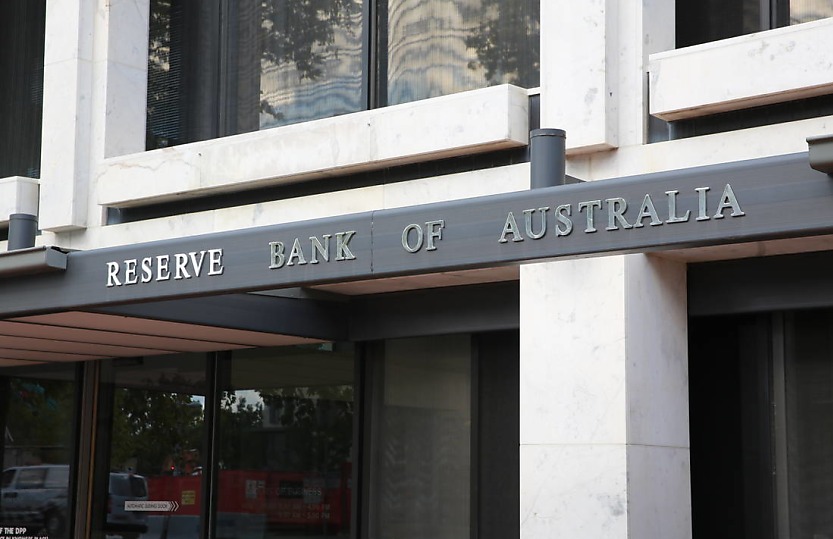Minimum wage decision ‘could fuel recession risk’

An increase in minimum and award wages is expected to lead to further interest rate rises and increase pressure on small business.
The decision by the Fair Work Commission (FWC) to increase award rates of pay and realign the minimum wage to a higher award rate could place added pressure on unit labour costs, increasing the risk of another rate hike, AMP has warned.
In its Annual Wage Review handed down on Friday, the Fair Work Commission announced it will increase award rates of pay by 5.75 per cent and realign the national minimum wage with the C13 classification wage rate, resulting in a de facto 8.65 per cent increase in the minimum wage. The adjustments will take effect on 1 July 2023.
The increases will directly impact 0.7 per cent of workers on the minimum wage and 20.5 per cent of workers on awards.
The FWC said the outcome “would not have discernible macro-economic effects” given the negligible proportion of the workforce to which the National Minimum Wage applies.
However, AMP chief economist Shane Oliver said the increase in the minimum wage could potentially influence other types of wages.
A higher award rate combined with accelerating public sector wages growth, a 15 per cent increase in aged care workers pay and the labour market remaining tight, means it is increasingly likely that wages growth will jump to four per cent, according to Dr Oliver.
“This is at a time when productivity is very poor adding to the risk of further upwards pressure on unit labour costs,” Dr Oliver said.
“This is likely all fuelling RBA concern – as evident in recent comments from Governor Lowe – that inflation will stay higher for longer and that inflation expectations will shift higher making it even harder to get back down.”
Dr Philip Lowe said last week that rising unit labour costs were a significant risk to the inflation outlook for Australia and would influence its interest rate decisions over coming months.
“If you’ve got labour cost growth at 3.5 to 4 per cent. Then it’s hard to have 2.5 per cent inflation,” he said speaking at the Senate Economics Legislation Committee.
The RBA is now expected to raise rates further to minimise the risks with inflation, increasing the chances of a recession for Australia, according to AMP.
“Following the April inflation data and the further step in minimum and award wages growth, the risk is now very high that ongoing inflation and wages concerns will see the RBA over-tighten and knock the economy off the narrow path into recession,” said Dr Oliver.
There are increasing signs that the economy is weakening as retail sales weaken, building approvals collapse, business investment slow and job openings fall.
“The economy is probably still growing but as we saw in the late 1980s tightening episode the economy was okay till it wasn’t,” said Dr Oliver.
“Key risks on this front are that a 4 per cent plus cash rate will push debt servicing costs into record territory as a share of household income. On the RBA’s analysis, 15 per cent of households with a variable rate mortgage, which means about 1 million people, will be cash flow negative by year end at 3.75 per cent cash rate and we are now going well beyond this.”
The bank expects that inflation will slow rapidly as the economy starts to cool.
“[However] it’s looking increasingly doubtful that it will come quickly enough for the RBA as it will have moved rates up again before it arrives,” said Dr Oliver.
Impact for small business owners
COSBOA chief executive Luke Achterstraat said the FWC announcement represented another price pressure point for small businesses.
Mr Achterstraat said small businesses across Australia were experiencing a tough operating environment already and struggling to absorb costs.
“We are deeply concerned about the increasing cost of doing business and that small business owners, including individuals and family businesses, are finding it increasingly tough to make ends meet,” he said.
“Acute labour shortages have already driven up the cost of employing people, with market forces generating higher wage rates across the economy.”
The changes to award rates of pay will have a “cascading effect”, said COSBOA, as it changes all the pay scales throughout over 100 industry awards and classifications, coupled with the superannuation guarantee increase of 0.5 percent.
“This represents a significant increase in employment costs, and additionally businesses then pay, payroll tax and workers’ compensation insurance on top of the total remuneration paid,” Mr Achterstraat.
About the author

